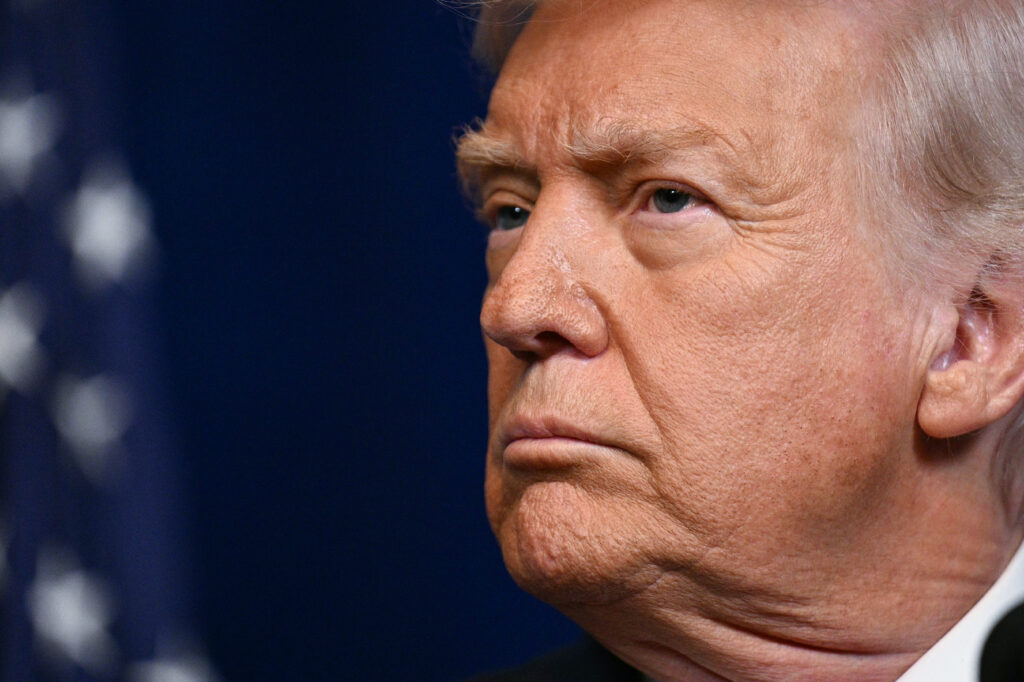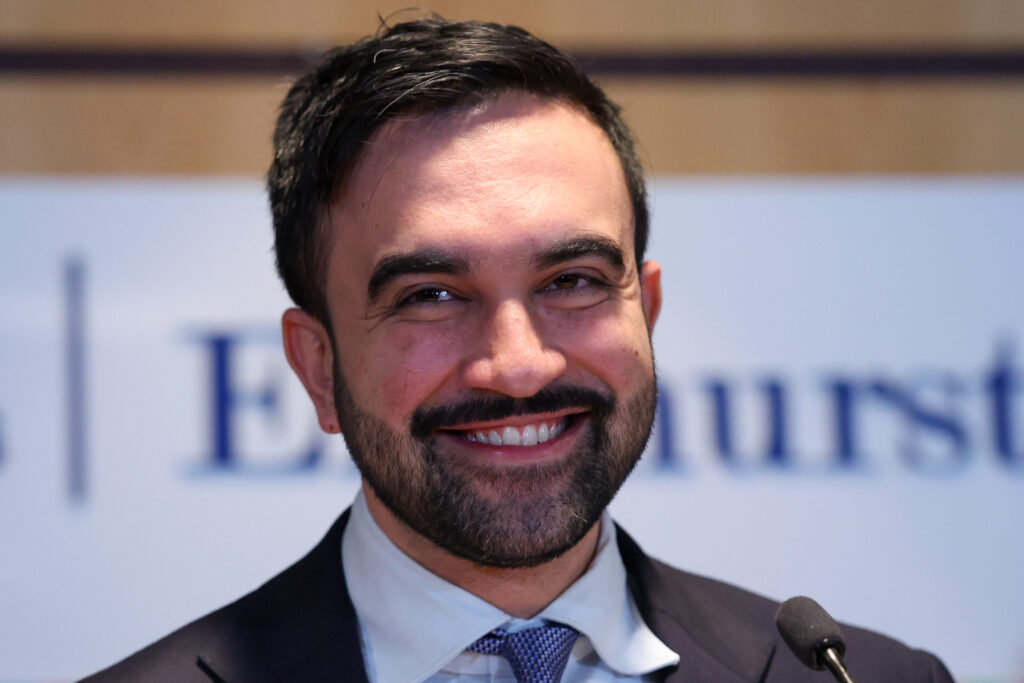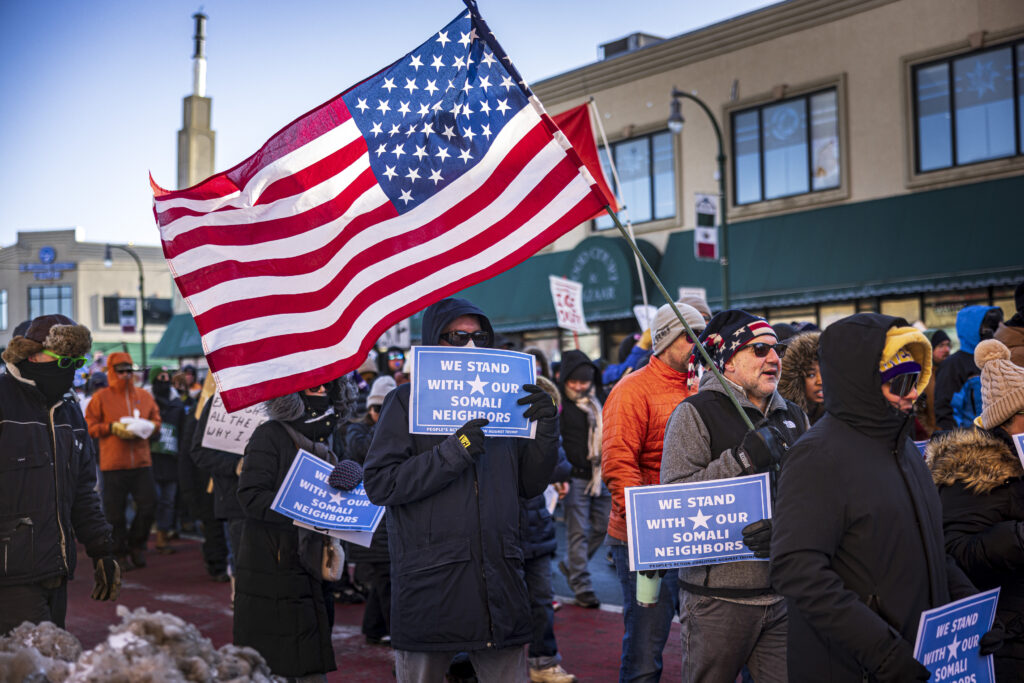Trump joins criticism of Clooney’s French passport
US President Donald Trump piled on criticism Wednesday of a decision to grant Hollywood superstar George Clooney French passports after a junior government official in Paris labelled the move a “double standard”.An official decree seen by AFP on Monday showed that 64-year-old Oscar winner Clooney, his wife Amal Alamuddin Clooney and their two children had become French citizens.Trump, whose administration has backed anti-immigration parties in Europe, said that Paris was welcome to the “Ocean’s Eleven” star, a long-term Democratic supporter, fundraiser and a vocal critic of the president.”Good News! George and Amal Clooney, two of the worst political prognosticators of all time, have officially become citizens of France which is, sadly, in the midst of a major crime problem because of their absolutely horrendous handling of immigration,” Trump said on his Truth Social network.The news of Clooney and his family becoming French comes ahead of language requirements for citizenship being toughened for everyone else under new immigration rules from January 1.A junior member of President Emmanuel Macron’s government had also criticised the decision to award passports despite Clooney speaking poor French.”Personally, I understand the feeling of some French people of a double standard,” Marie-Pierre Vedrenne, a junior interior minister, told the France Info radio station.”We need to be careful about the message we’re sending.”Her boss, Interior Minister Laurent Nunez, and the foreign ministry however defended the decision.The civil code states that “French nationality may be conferred by naturalization, upon the proposal of the minister of foreign affairs, to any French-speaking foreigner who applies for it and who contributes through their distinguished service to France’s influence and the prosperity of its international economic relations.”But Clooney has admitted that his French remains poor despite hundreds of lessons.Under the new immigration rules from Thursday, applicants will need a certificate showing they have a level of French that could get them into a French university. They will also have to pass a civic knowledge test.Clooney has a property in southern France and said he has hailed French privacy laws that keep his family largely protected from international media intrusion.”I love the French culture, your language, even if I’m still bad at it after 400 days of courses,” the actor told RTL radio — in English — in December.His wife, an international human rights lawyer and dual UK-Lebanese national, speaks fluent French.- ‘Meets the conditions’ -Clooney bought the Domaine du Canadel, a former wine estate, near the Provence town of Brignoles, in 2021. He said it is where his family is “happiest”.Nunez, the interior minister, said he was “very happy” with the actor and his family becoming French, saying the country was lucky to have them.The French foreign ministry said the passport allocation for the Clooneys “meets the conditions set by law” for naturalisation.The family “followed a rigorous procedure including security investigations, regulatory naturalization interviews at the prefecture, and the payment of tax stamps,” the ministry added.It highlighted the Clooneys had a French home and they “contribute through their distinguished service to France’s international influence and cultural prestige” through the actor’s role in the film industry.This “can only contribute to maintaining and promoting France’s position in this essential economic sector”, it said.Amal Clooney is “a renowned lawyer” who “regularly collaborates with academic institutions and international organisations based in France”, the ministry added.Around 48,800 people acquired French nationality by decree in 2024, according to interior ministry figures.Clooney is not alone in wanting a French passport.Hollywood director Jim Jarmusch announced on Friday that he was also applying, telling French radio that he wanted “a place to where I can escape the United States”.









